Special Report
20 Pumpkin Spice Things We Really Don't Need This Fall

Published:
Last Updated:

What is “pumpkin spice,” the mixture of aromatics that flavors pumpkin pie? The version produced by McCormick, the world’s largest spice company, is a blend of cinnamon, ginger, nutmeg, and allspice. Some recipes add cloves or substitute them for allspice.
As surely everybody in America has noticed by now, pumpkin spice has become a thing — a faddish, all-purpose flavoring (or at least catchphrase) like “ranch” or “bacon.” It gets applied to all kinds of foods and drink, as well as to non-edibles with aromas like body scrub and tobacco. A search for “pumpkin spice” on Amazon returns 60 pages of product results.
Click here for 20 pumpkin spice things we really don’t need this fall.
Forbes estimated sales of pumpkin-spice-flavored beverages, food items, and novelties at more than $500 million last year. In the week that ended August 25 of this year alone, according to Nielsen research, products with pumpkin flavoring racked up almost $7 million in sales — and autumn was still a month away.
Pumpkin spice mania started with Starbucks, back in 2003. The research and development team at the Starbucks headquarters in Seattle was looking for a follow-up to the company’s successful holiday-period Eggnog Latte and Peppermint Mocha beverages. Led by product manager Peter Dukes, the team hit on the idea of coffee with a pumpkin pie flavor. They apparently sat around eating the pie and sipping espresso until they figured out how to concoct a spice-based sauce that would blend well with coffee and steamed milk.
After test-marketing the resulting beverage, Starbucks rolled it out all over America in the fall of 2004. It was an instant hit, and other coffee and fast food chains, including 7-Eleven, Dunkin’ Donuts, McDonald’s, and Tim Hortons, soon followed Starbucks’ lead. Starbucks reported in 2014 that more than 200 million Pumpkin Spice Lattes had been sold since the beverage’s initial appearance. A Starbucks spokesperson told Delish this August the company had reached 350 million PSL sales in years past.
PSL is fine, as long as you don’t mind drinking a few emulsifiers and preservatives and at least 15% of your recommended daily calorie intake in a cup of spiced coffee and milk. The imitators are fine, too, and a cinnamon-based blend of spices seems perfectly sensible with the likes of cookies, ice cream, or doughnuts. But pumpkin spice hummus? Soda? Bath salts? Please.
24/7 Wall St. compiled a list of unusual pumpkin spice items that just don’t seem to make any sense. Some involve actual pumpkin purée or juice; others involve no pumpkin, just the spices that traditionally flavor pumpkin pie, cinnamon most of all. Two include neither pumpkin nor spice mix.
Many of these items are available only in the fall (and sometimes through the winter holidays), and many are novelty items that aren’t produced every year — for instance, pumpkin spice versions of Peeps and Pringles, which were available in 2017 but not this fall. No matter. We can get along perfectly well without them — or everything else on this list.
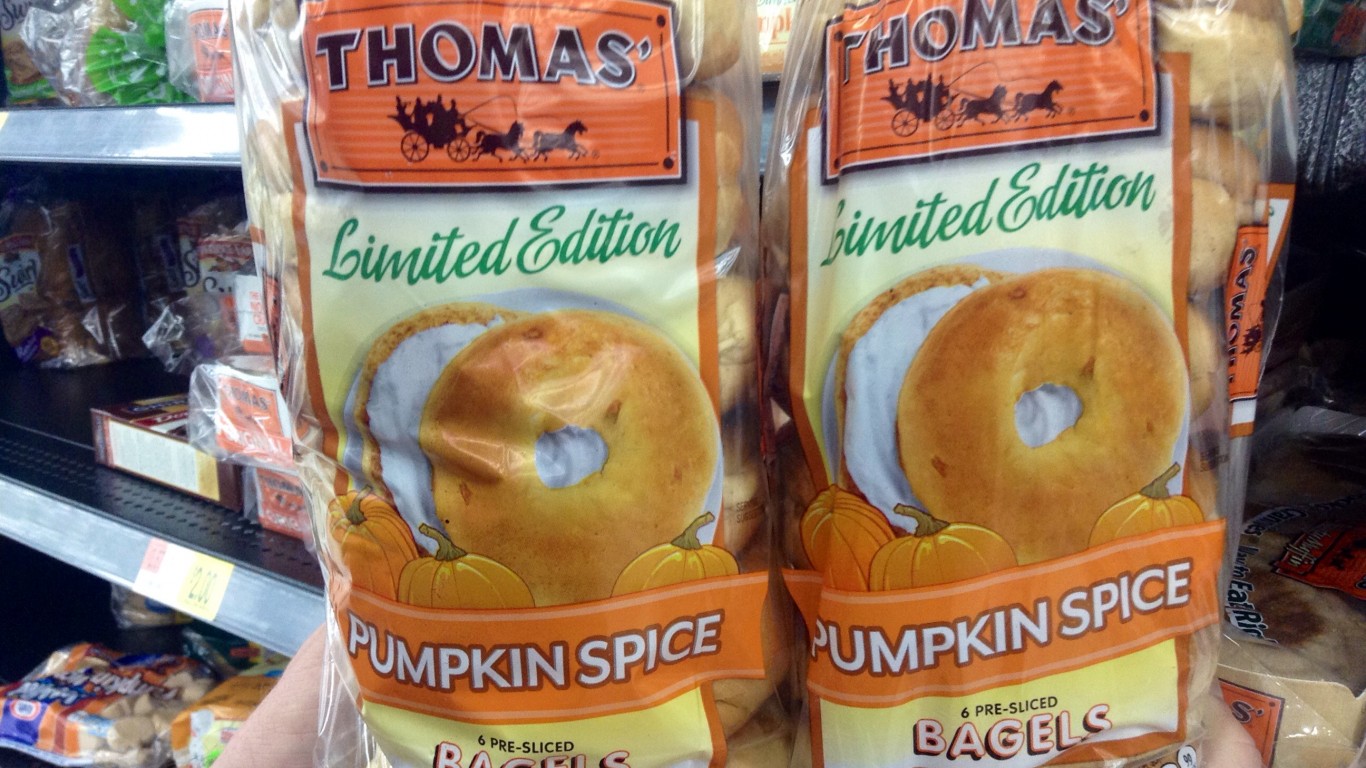
1. Bagels
The poor bagel. This chewy ring-shape roll of Polish-Jewish origins, its dough traditionally hand-rolled and boiled before baking, is one of the world’s great bread varieties. All too often these days, though, it’s just a spongy, machine-made, pre-sliced roll, pressed into service as a makeshift pizza crust or embedded with raisins, blueberries, or chocolate chips. Now it’s being turned into a toaster-friendly variation on pumpkin pie, containing real pumpkin along with, says the Thomas’ website, “spices and cinnamon.” Really? Have a little respect.
[in-text-ad]

2. Balsamic vinegar
It’s obviously contagious. Italy’s second most famous bottled condiment, after olive oil, has caught the pumpkin spice bug. Several Italian producers of balsamic vinegar — the cheap stuff, not the pricey artisanal product that gave balsamic its exalted reputation to begin with — have apparently decided that you need a little pumpkin pie with your arugula. A typical pumpkin spice balsamic includes pumpkin juice, cinnamon, nutmeg, and allspice. No, grazie.
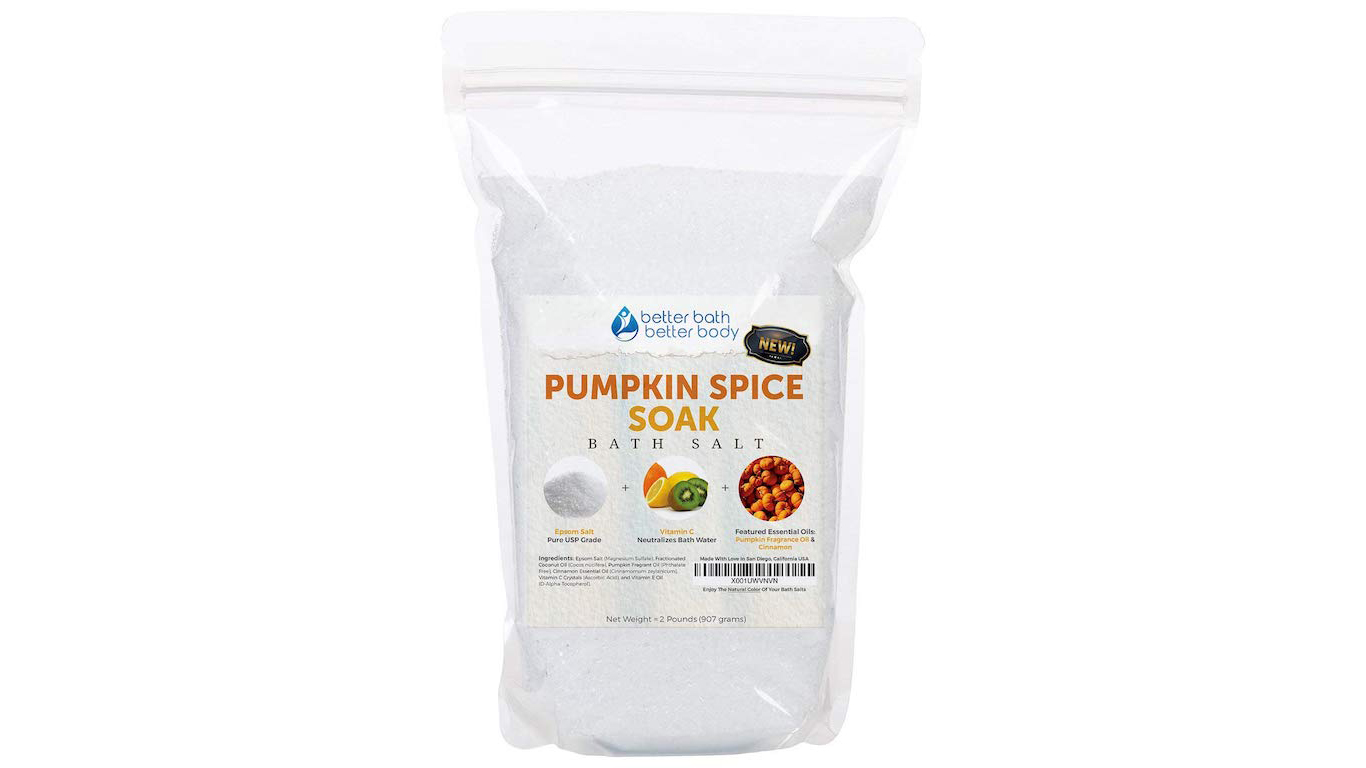
3. Bath salts
At the end of a long, stressful day, what could be better than pouring a glass of wine, running a nice warm bath, and sinking into a tub full of…pumpkin pie? This mix of therapeutic epsom salt, vitamin C crystals, and essential oils — including, yes, pumpkin seed oil — spiced with cinnamon and “pumpkin fragrance,” might very well relax you. It might also make you want to get out of the tub, towel off, throw on a robe, and go eat something sweet.
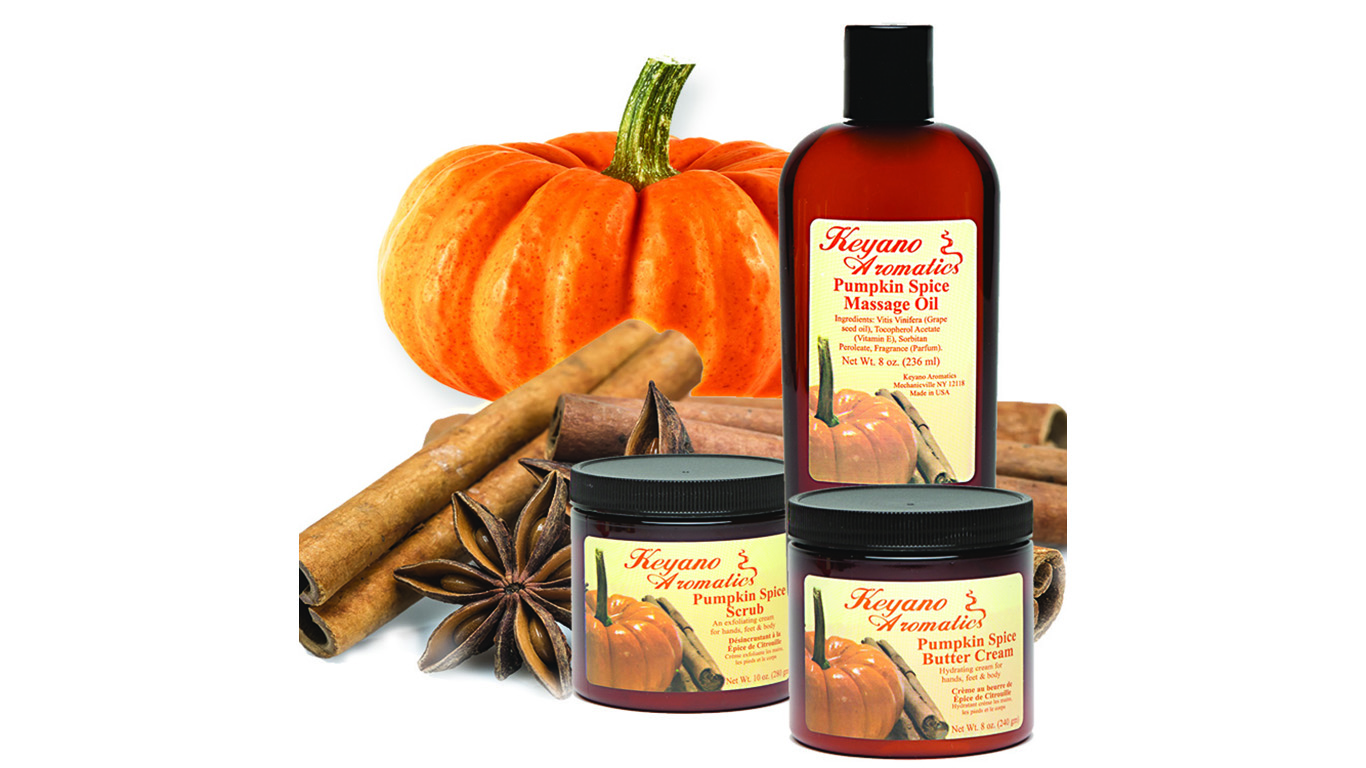
4. Body scrub
No pumpkins were harmed in the production of this exfoliating scrub, meant for use on hands, feet, and body — despite the image of a plump, shiny little pumpkin on the label. Though it contains grape seed oil, cranberry oil, and grapefruit seed extract, among other ingredients, pumpkin is notably absent. Spices? They’re listed by Keyano simply as “Fragrance (Parfum),” but presumably include the usual suspects. What’s coming next year from Keyano? Pecan Pie Scrub?
[in-text-ad-2]

5. Cheese
There used to be a custom of serving warm apple pie with a slice of cheddar cheese, but it’s unlikely that anybody has ever put Holland’s gouda on America’s pumpkin pie. The 117-year-old Dutch cheese company Beemster, however, apparently thought that cheese and pumpkin pie would go well together, so it infused its gouda with the usual pumpkin-spice ingredients — nutmeg, cinnamon, ginger, and cloves — adding cardamom and anise seed for good measure. No gouda.
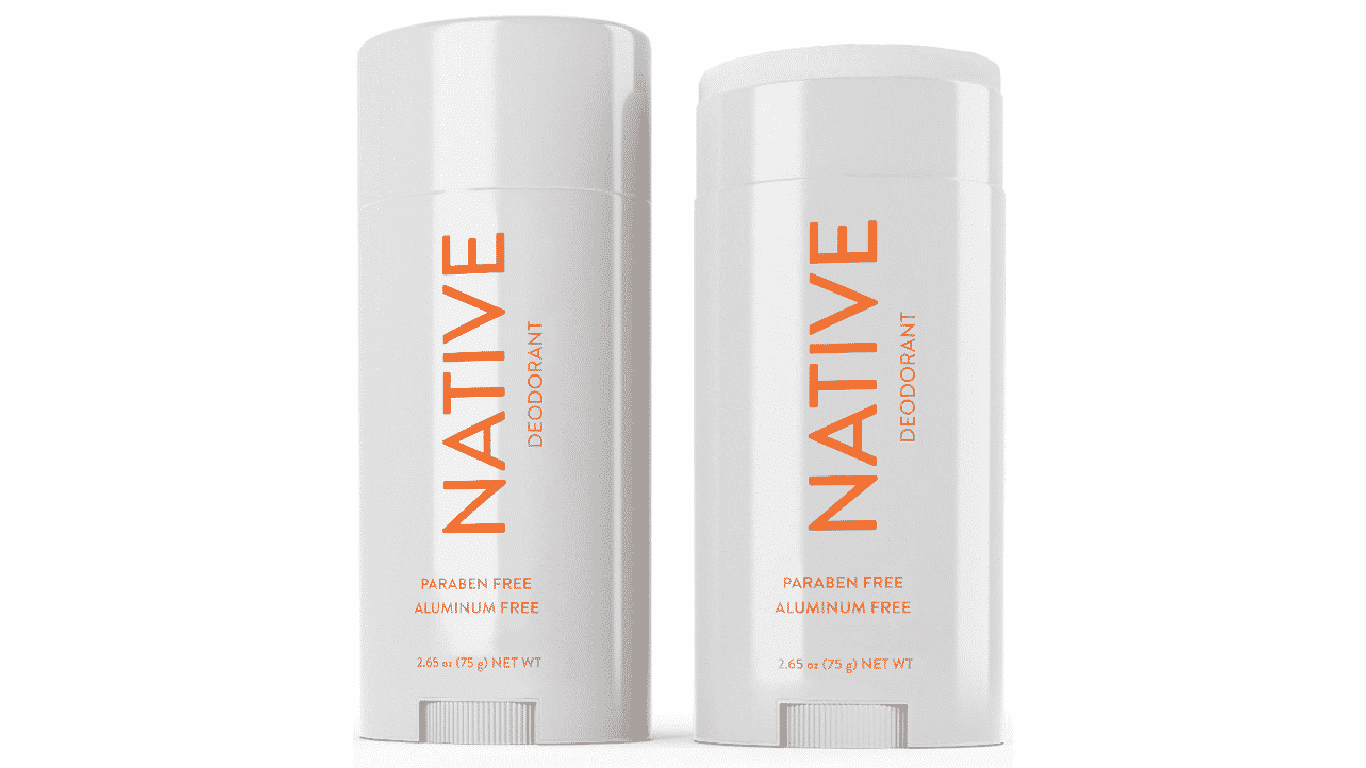
6. Deodorant
Native, which produces additive-free deodorants and soaps, has somehow decided that people might want their armpits to smell like dessert. Does anybody want that? Doubtful.
[in-text-ad]
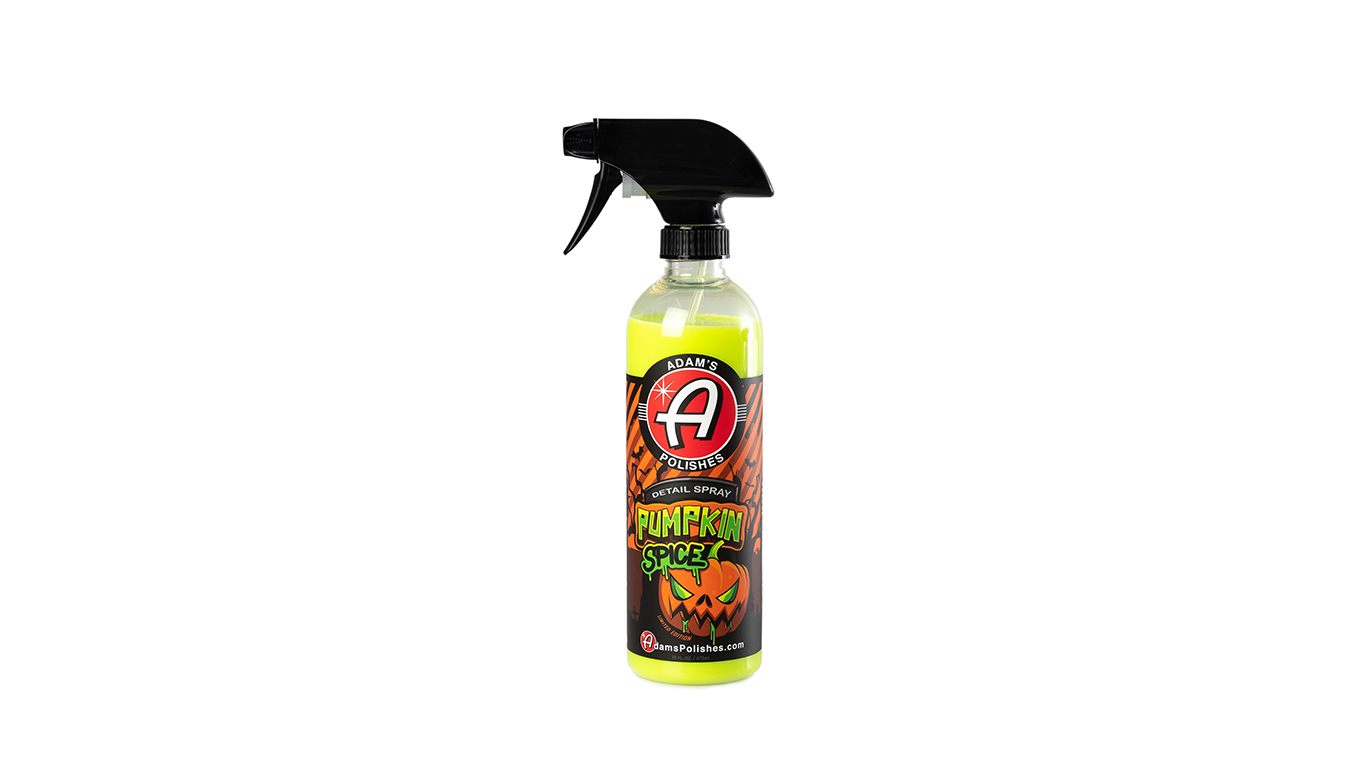
7. Detail spray
Honey, remember the time you spilled your PSL in the car and the interior smelled like pumpkin pie for weeks? Now we can wallow in that same sickly sweet aroma every time we go for a drive, all season long. And wait until you get a whiff of the bumper!
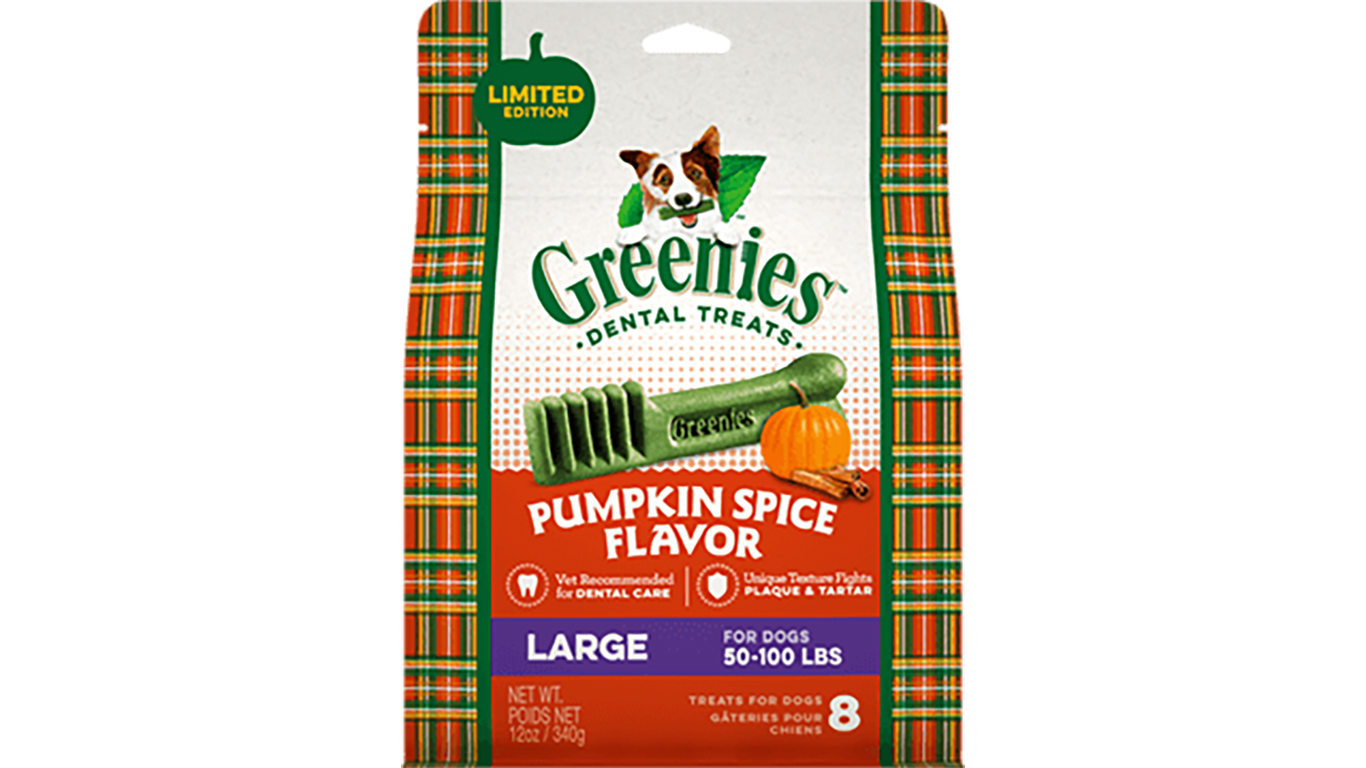
8. Dog treats
If we like it, our dogs will too, right? That’s presumably the theory behind products like Bocce Bakery’s canine confections in such variations as Market Greens, Turmeric Latte, and Monkey Bread — flavors it’s fairly certain no pooch has ever curled up on the living room rug and dreamed about. And thus, too, these pumpkin-spice-flavored teeth-cleaning biscuits for Fido. There’s dried pumpkin involved in the recipe, as well as “natural pumpkin spice flavor” — which presumably doesn’t include nutmeg, known to be deleterious to dogs (cinnamon’s just fine, however). Of course, the dog might just prefer a nice big beef bone, which would clean his or her teeth pretty well, too.
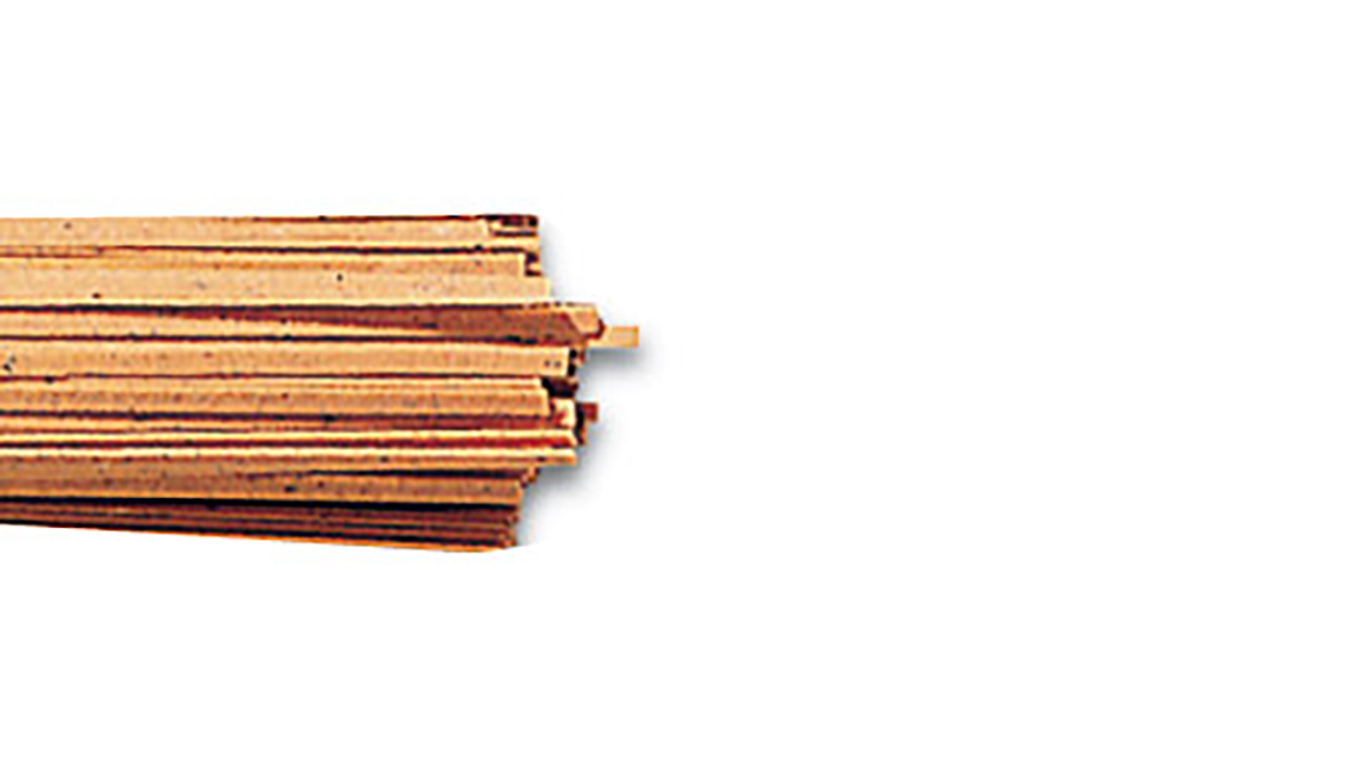
9. Fettuccine
There’s nothing wrong with pasta made with flavored dough. Fettuccine (often misspelled “fettuccini”) or other shapes made with spinach, red bell peppers, or squid ink, among other flavors, are common in Italy. Even pumpkin-flavored pasta wouldn’t be beyond the pale, since puréed pumpkin is sometimes used as a ravioli filling. It’s the flavorings that push this fettuccine into the realm of parody. Pumpkin spice? Great with pie, not so good with marinara sauce.
[in-text-ad-2]
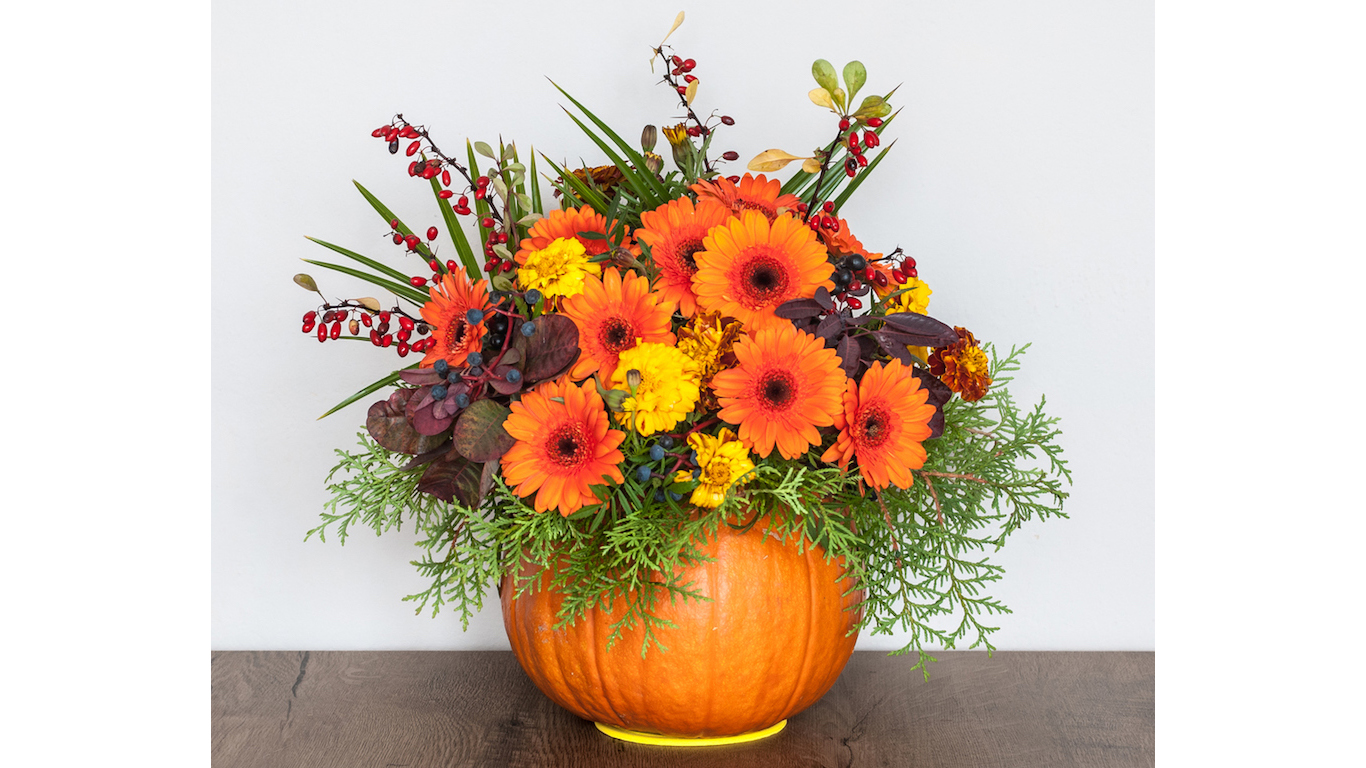
10. Flowers
Florists all over America are jumping on the pumpkin spice brand-wagon. The idea is to compose bouquets in turning-leaf colors — various shades of orange, yellow, and red — and occasionally throw in some cinnamon sticks or miniature pumpkins to evoke not just autumn but presumably also an image of a fresh-baked pumpkin pie or, better, a steaming cup of Pumpkin Spice Latte. The bouquets are often quite pretty, but they’re no more “pumpkin spice” than trees in autumn.

11. Hand sanitizer
Hand sanitizers have sometimes been criticized for being less effective at fighting bacteria than plain soap and hot water, but they remain popular and are certainly convenient. Of course you want to rid your hands of any germs you might have picked up in the course of your day — but do you really want to walk around smelling like a bakery at Thanksgiving afterwards?
[in-text-ad]

12. Hookah tobacco
The atmosphere in a hookah bar is cloying enough, especially to the non-partaker. The dense mingled aromas of various flavors of shisha, as hookah tobacco is known, add up to an airborne fruit cocktail that might include the mingled scents of everything from apples to watermelon. Starbuzz and several other shisha producers make a pumpkin-spiced tobacco, which can only make things worse. What have they been smoking?
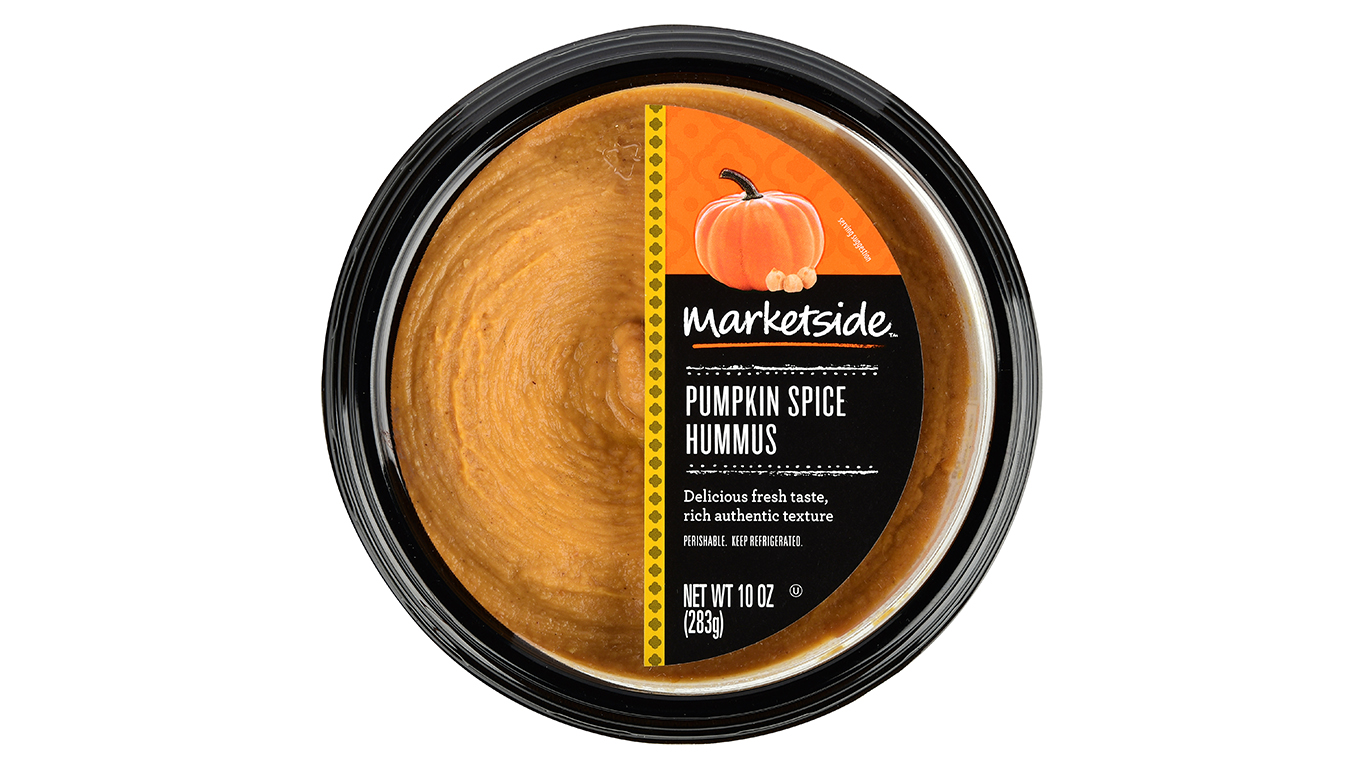
13. Hummus
Cedar’s had the idea of combining certain features of an all-American holiday dessert made with a kind of New World winter squash with an ancient Middle Eastern spread involving chickpeas and olive oil. The ecumenical spirit is admirable; the results, not really. Several other brands have followed suit, one producing a hummus made with white beans instead of the traditional chickpeas and topped with apricots, cranberries, and sunflower seeds.

14. Martini
Those who appreciate serious cocktails have long become inured to so-called “martinis” flavored with chocolate or various kinds of fruit, but the pumpkin spice martini goes just a bit too far. A typical pumpkin spice martini, like the one from MT’s Local Kitchen & Wine Bar in Nashua, New Hampshire, includes vanilla vodka, Baileys vanilla cinnamon Irish Cream, pumpkin spice liqueur, and nutmeg. Sounds like a milkshake. Sounds like you’re not old enough to drink.
[in-text-ad-2]

15. Salsa
Culture clash alert: Pumpkin pie is a Yankee dish, typically sweet, mild, and creamy. Salsa, a well-loved condiment — it overtook ketchup in sales in the U.S. a quarter century ago — of Hispanic origins, is typically salty, spicy, and chunky. Introducing one to the other is either a gastronomic innovation of startling brilliance or, um, indigestibly silly.
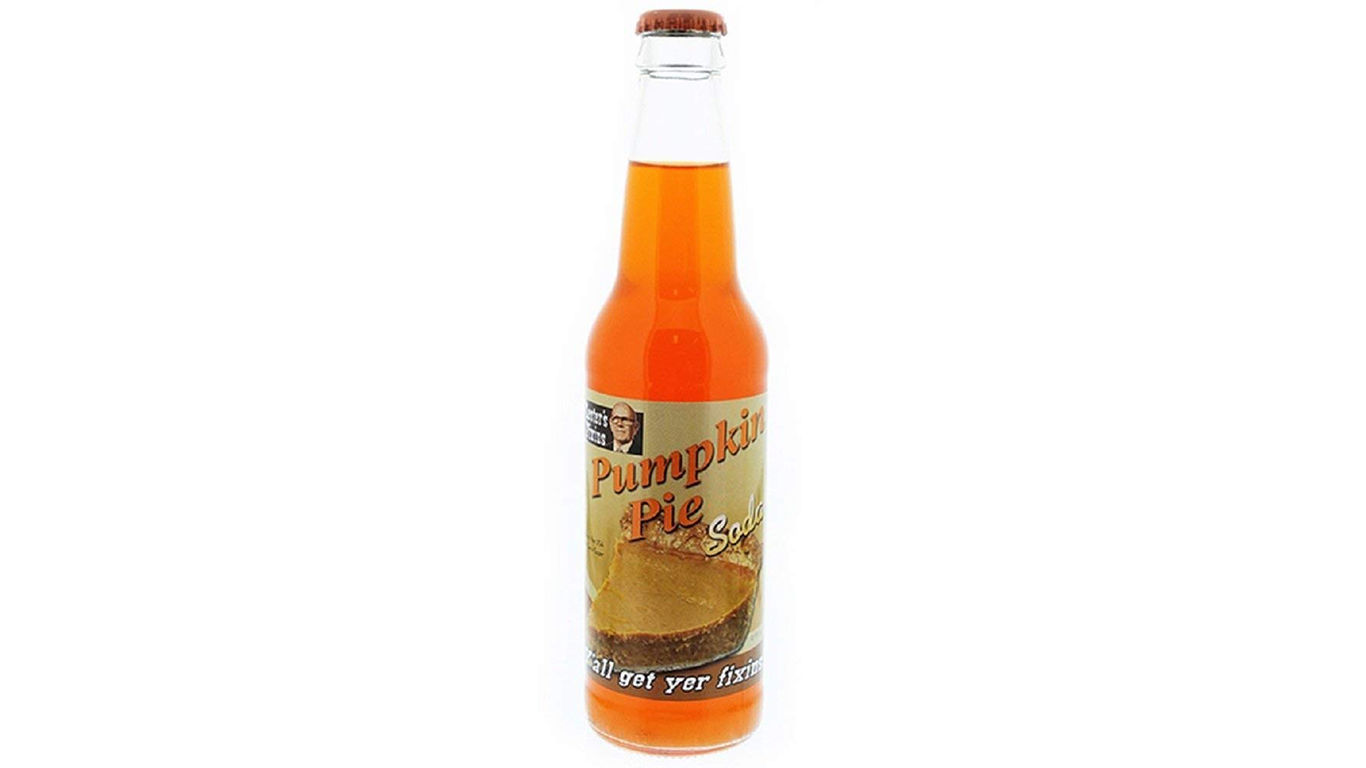
16. Soda
Lester’s Fixins soda, a house brand of the 90-plus-location Rocket Fizz Soda Pop & Candy Shop chain, comes in a number of quirky flavors — among them Buffalo wing, peanut butter & jelly, and ranch dressing — so it’s not surprising the chain wanted to join the pumpkin spice club. Though the company calls its soda Pumpkin Pie Soda, no actual pumpkin is involved — just “natural and artificial flavors,” presumably including cinnamon and the rest. Cheers.
[in-text-ad]
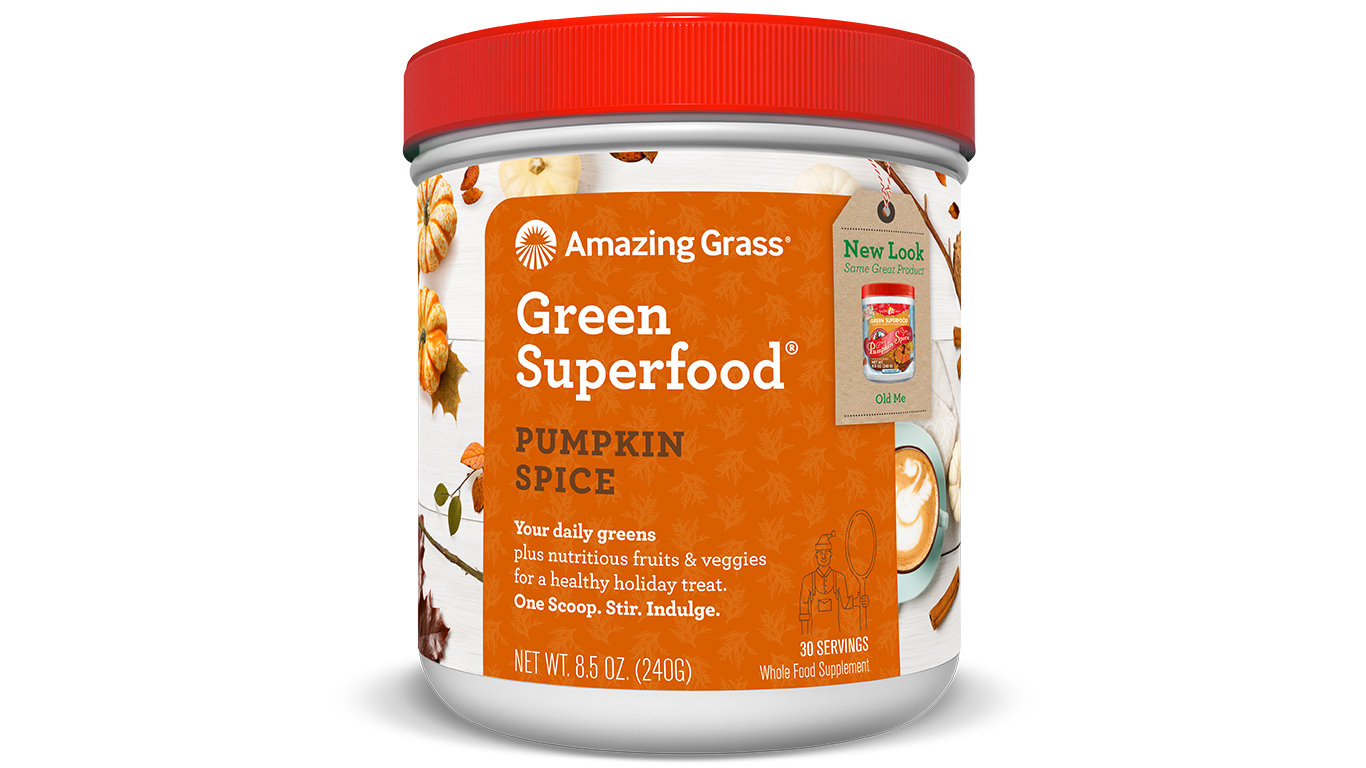
17. “Superfood”
Nothing says “pumpkin pie” more vividly than a mixture of wheat and barley grass, alfalfa, spinach, broccoli, pineapple, carrots, cherries, açaí, beets, raspberries, and peppermint — right? This Amazing Grass product is not a protein powder, but rather a so-called “superfood” in powder form. It’s full, says the company website, of vitamins and minerals, phytonutrients, digestive enzymes, and probiotics, with that added touch of cloves, nutmeg, and cinnamon, exactly the flavors a mélange like this is crying out for. Isn’t it?

18. Tea
England’s Twining family got into the tea trade in the 17th century. By 1749, Thomas Twining’s company was exporting tea to America, and in 1837, it began supplying tea to the royal family. You’d think that a company with that distinguished lineage would be above mere fad. But nooooo. Chai, which originates in India, is already spiced tea, typically involving such “pumpkin spices” as cinnamon, ginger, and cloves, as well as cardamom and pepper. Twinings Pumpkin Spice Chai adds nutmeg and allspice to what is already a perfectly good aromatic beverage, presumably just so Twinings can tap into pumpkin spice mania. We are not amused.
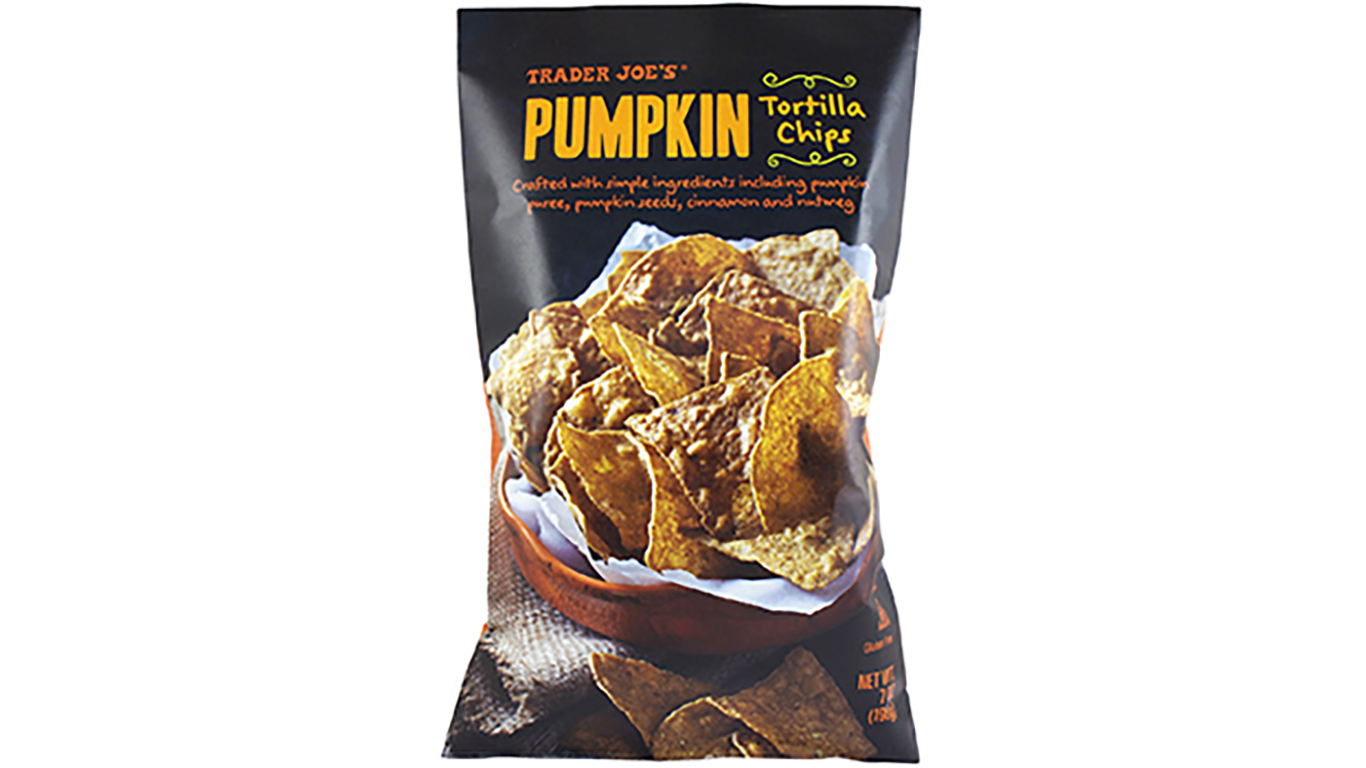
19. Tortilla chips
Tortilla chips, deep-fried triangles or strips of corn tortilla (or some industrial approximation of same), have gotten along fine for many years with nothing but salsa, or maybe some melted nacho cheese. Obviously, the innovative folks at Trader Joe’s thought the chips needed a little help. The grocery store chain stirred as much pumpkin purée as it could into the corn-dough base of the tortillas, then added pumpkin seeds, cinnamon, and nutmeg for good measure. At least now we know what we can do with that pumpkin pie salsa (see No. 15).
[in-text-ad-2]
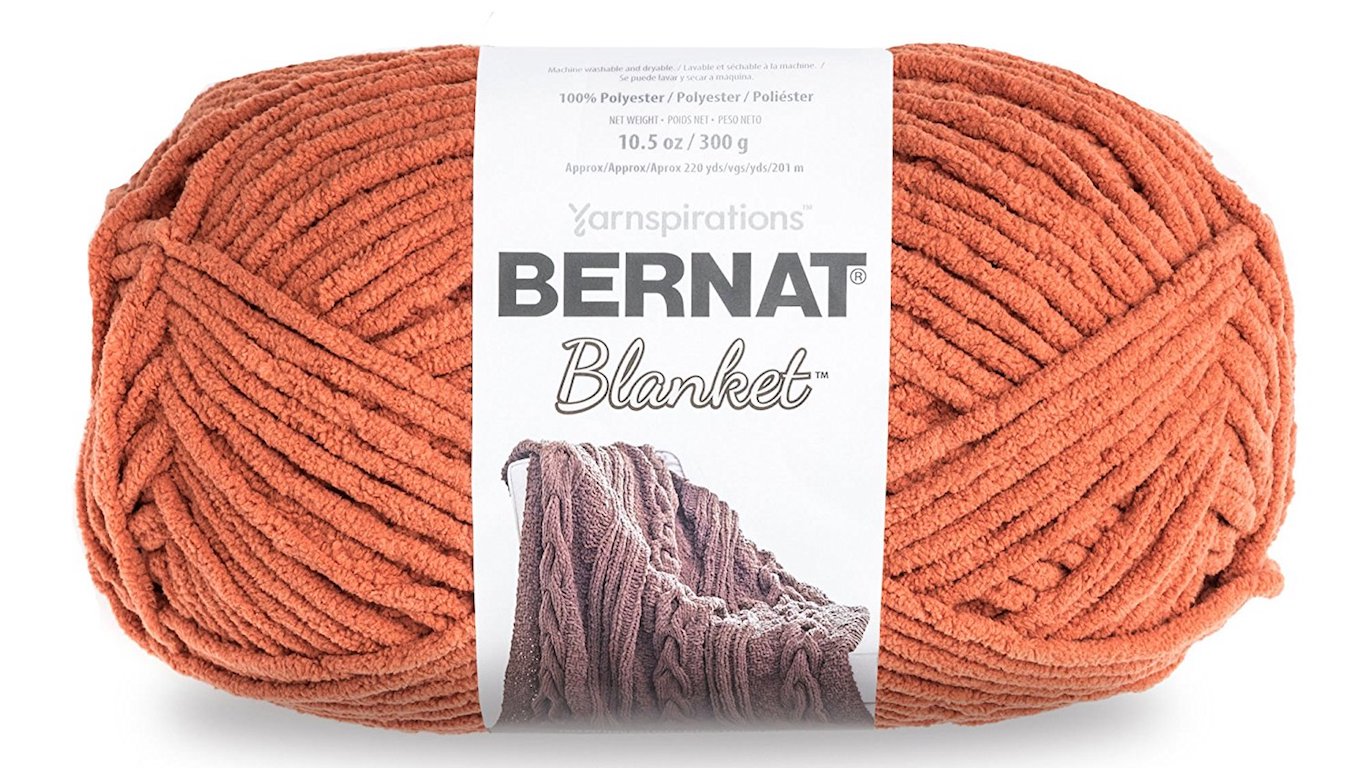
20. Yarn
You know how designers sometimes call dark purple “eggplant” and pale green “pistachio?” Apparently, “pumpkin spice” has become a color name, too, as in the case of Bernat’s Pumpkin Spice Blanket knitting yarn. No spice aromas are involved here, thankfully; it’s all about the orange. But shouldn’t it just be called “pumpkin,” then? The color of pumpkin spice — ground-up cinnamon, nutmeg, ginger, cloves, and nutmeg — would be an earthy brown.
The thought of burdening your family with a financial disaster is most Americans’ nightmare. However, recent studies show that over 100 million Americans still don’t have proper life insurance in the event they pass away.
Life insurance can bring peace of mind – ensuring your loved ones are safeguarded against unforeseen expenses and debts. With premiums often lower than expected and a variety of plans tailored to different life stages and health conditions, securing a policy is more accessible than ever.
A quick, no-obligation quote can provide valuable insight into what’s available and what might best suit your family’s needs. Life insurance is a simple step you can take today to help secure peace of mind for your loved ones tomorrow.
Click here to learn how to get a quote in just a few minutes.
Thank you for reading! Have some feedback for us?
Contact the 24/7 Wall St. editorial team.